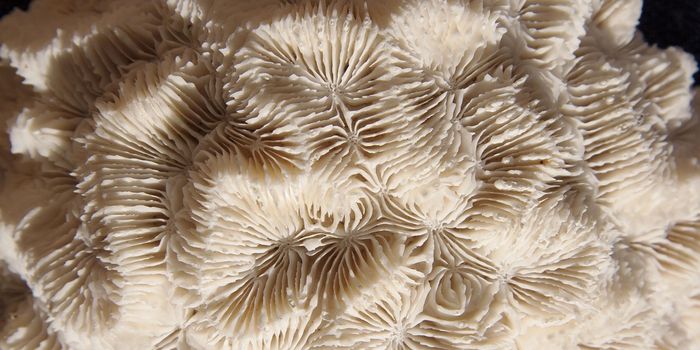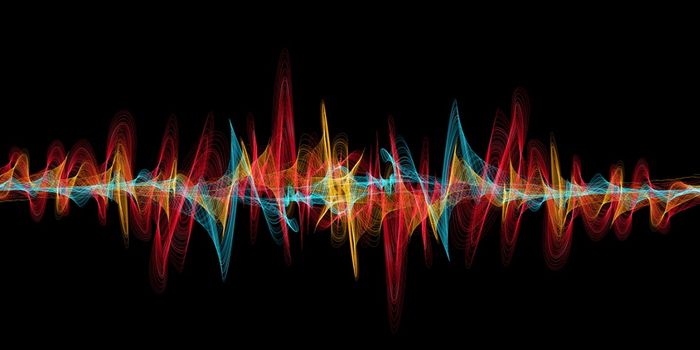What’s the old expression, the way to a person’s heart is through the stomach? That might work when it’s about making someone a favorite meal to cheer them up or celebrate an occasion, but in reality, it’s the gut and the brain that are connected, at least in terms of strokes. New research from the Institute for Stroke and Dementia Research in Munich shows that after a person suffers an ischemic stroke, the stomach, and in turn the gut microbiome, is essentially paralyzed for a short time. And this has consequences for stroke recovery.

Here’s the most recent information on the connection between the gut and the brain, also called the “gut brain axis.” A study published by a group of researchers in March showed that changes in the gut microbiota of mice (induced by administering antibiotics) affected the outcome of strokes in mice. Strokes in the lab mice were induced by first anesthetizing the mice and then blocking their middle cerebral arteries. In the mice who had altered gut microbiota, poorer outcomes were shown after the stroke. That study, conducted at Weill Cornell Medical College in New York, showed that stroke outcome was affected by gut microbial make up, however the most recent research from Munich takes that study and flips it around.
The team there, led by Professor Arthur Leisz, set out to investigate whether or not a stroke would impact the gut microbiome. The results showed that in mice who had experienced an induced stroke, the motility of the stomach was significantly slowed after a stroke. If the stomach isn’t operating normally, and the passing of food and nutrients through it is altered, it’s understandable that the type and amounts of bacteria present would also be impacted.
To take it another step further, the team in Munich then wanted to see if this altered gut microbiome would then cause further damage after a stroke or impede recovery. Taking fecal samples from the mice whose gut microbiota had been impacted by an induced stroke the team then transferred that bacterium into the guts of mice who were healthy. When those previously healthy mice then experienced an induced stroke via the occlusion of the middle cerebral arteries, the altered microbes that had been transferred to them resulted in larger stroke infarct volumes, making their strokes more severe. In addition, an inflammatory response was triggered in these mice. They showed a higher expression of the inflammatory T cells Th1 and Th17. These T cells migrated from the gut to the brain within days after the stroke, increasing the severity of the damage the stroke did to the brain.
The research in Munich, having been preceded by research from New York shows that the process is a circular route. A stroke in the brain will impact the gut, then that altered microbiome will result in more significant brain injury. In the final part of the Munich experiments, the team transplanted fecal bacteria from healthy mice into mice that had experienced strokes. The result? Smaller brain lesions and an increase in regulatory T cells, which protected the brain.
While it might be unpleasant to think about, these two studies show that future stroke treatments could involve fecal transplants to counter the negative effects of an altered gut microbiome after a stroke. The video below talks more about this research and how medical professionals need to look beyond the brain for stroke impacts and treatments.
Sources:
Science News The Scientist









